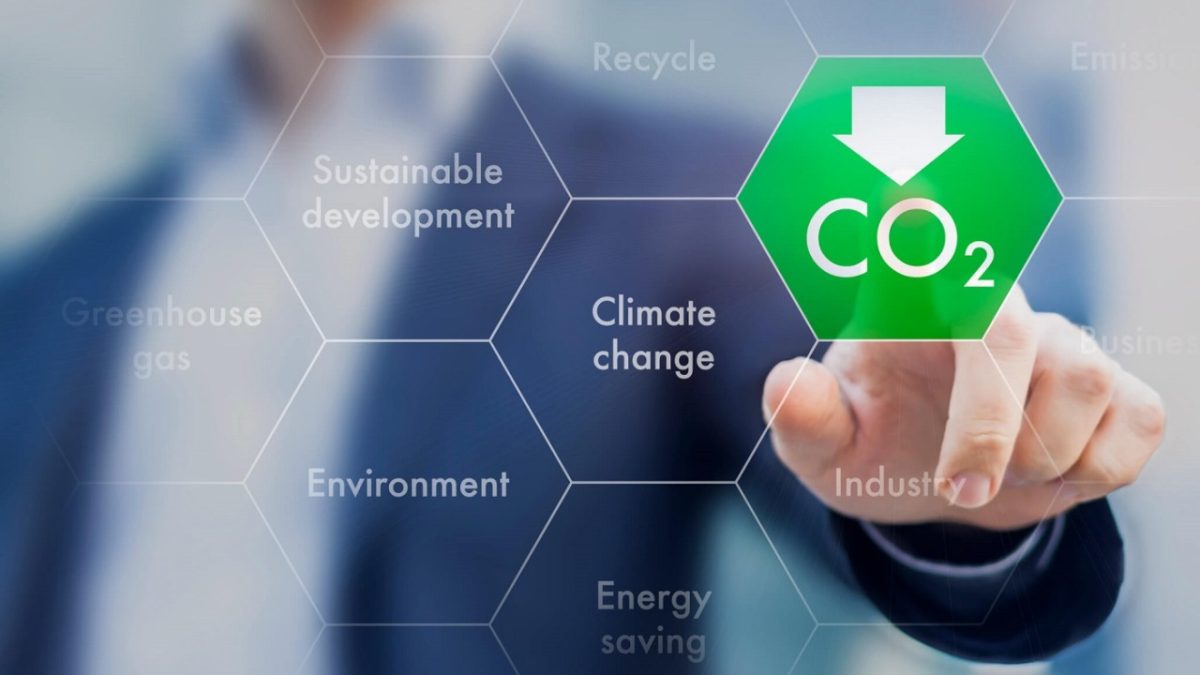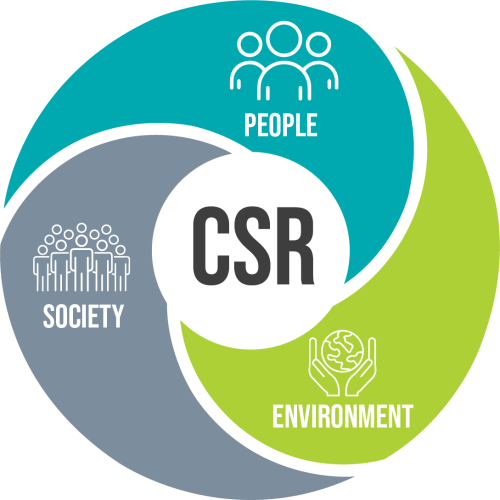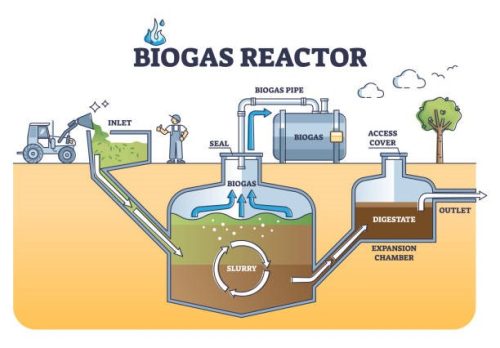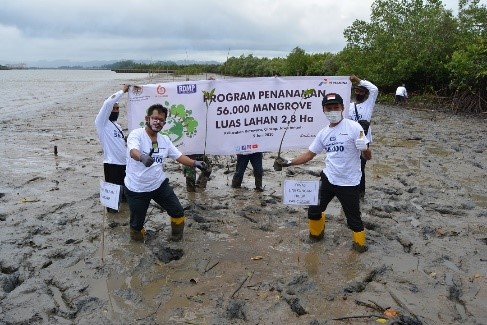Environmental Ethics and Green Innovation in Business: Building Sustainability in Facing Global Climate Change

Photo Credit : NicoElNino/iStock
Global climate change has become a major challenge for businesses in this modern era, including in Indonesia. As an archipelagic nation with a rapidly growing economy, Indonesia is highly vulnerable to the impacts of climate change. These impacts include changes in weather patterns, increased frequency and intensity of natural disasters and ecosystem damage, all of which can affect business operations and stability. In this context, environmental ethics, green innovation and Corporate Social Responsibility (CSR) play a crucial role in shaping sustainable business practices (World Bank, 2023) (Fajar, 2018). According to the World Bank report, Indonesia has made significant commitments to climate change adaptation and mitigation. One of the challenges faced is maintaining a balance between reducing greenhouse gas emissions and ensuring economic growth (World Bank, 2023). In this regard, environmental ethics, green innovation and CSR can be key to achieving both goals.
Recent research shows that companies that implement environmental ethics and promote green innovation tend to be more resilient to the negative impacts of climate change. In Indonesia, environmentally friendly companies that implement green innovation have shown performance improvements. This indicates that environmental ethics and green innovation are not only important for environmental sustainability but can also provide economic benefits. However, the adoption of environmental ethics and green innovation in Indonesia still faces various challenges. Although some large corporations in Indonesia have implemented environmental ethics and green innovation, there are still many other corporations whose operations do not fully consider environmental impacts and their willingness to adopt green innovation is still limited. Green innovation refers to all forms of innovation in services, production processes or business methods that can contribute to the economy while also contributing to the environment. Green innovation includes several aspects such as:
- Renewable Energy : Transitioning to renewable energy sources such as solar, wind and biomass.
- Sustainable Agriculture : Sustainable agricultural technologies, such as vertical farming and the use of organic fertilizers that can increase productivity without damaging the environment.
- Environmentally Friendly Industry : The use of environmentally friendly materials in the industry and better waste management that does not harm the environment. CSR or Corporate Social Responsibility is a concept where businesses operate according to principles and policies that have a positive impact on society and the environment. CSR is a self-regulating business model that helps companies be socially responsible to themselves, stakeholders and society (Kolk, 2016). CSR often becomes a way for companies to implement environmental ethics and promote green innovation. The main goal is to create sustainable and environmentally friendly businesses, which is very important in facing global climate change.

Photo Credit : Regatta
Issues
Despite the recognized importance of environmental ethics, green innovation and CSR initiatives in shaping sustainable business practices in Indonesia, there are still several major issues that need to be addressed:
- Awareness and Understanding : There is often a lack of full understanding regarding the significance of environmental ethics and green innovation. It may not be immediately apparent how these practices can assist in addressing the challenges posed by climate change, while also offering economic advantages.
- Implementation : While some large companies in Indonesia have implemented environmental ethics, green innovation and CSR, many other companies still struggle with its implementation. They may lack the resources, knowledge or support needed to implement these practices.
- Measurement and Reporting : There are challenges in measuring and reporting the impact of environmental ethics, green innovation and CSR. Without a clear matrix and transparent reporting, it is difficult to assess the extent to which companies have implemented these practices and how active they are.
Discussion
- Environmental Ethics and Green Innovation in Business
Environmental ethics and green innovation play a crucial role in helping companies face the challenges of global climate change. Environmental ethics refer to the principles and standards that guide a company’s behaviour in terms of their impact on the environment. This includes everything from reducing pollution to protecting biodiversity. By implementing environmental ethics, companies can minimize the negative impact of their operations on the surrounding environment and contribute to global efforts to reduce the causes of climate change.
Green innovation, on the other hand, is an effort to create new products, services or processes that have a lower environmental impact compared to traditional alternatives. Green innovation can include everything from the development of renewable energy technologies to the creation of more efficient and environmentally friendly manufacturing processes. By promoting green innovation, companies can not only reduce their carbon footprint but also create new value and achieve competitive advantage in the market. Therefore, environmental ethics and green innovation can help companies operate in a more sustainable and ethical way, while also providing benefits for the society and the environment around them. In the context of global climate change, the implementation of environmental ethics and green innovation by companies can be an important part of the global solution to this challenge.

Photo Credit : Jawa Power

Photo Credit : Jawa Power
- Challenges in Implementing Environmental Ethics and Green Innovation
As discussed in the previous section, environmental ethics and green innovation can help companies face the challenges of global climate change. However, these two concepts often face various challenges:
- Awareness and Understanding
One of the main challenges in implementing environmental ethics and green innovation is the lack of awareness and understanding of the importance of these two concepts. Many companies may not fully understand how environmental ethics and green innovation can help them face the challenges of climate change and at the same time provide economic benefits.
- Technical and Financial Barriers
The implementation of environmental ethics and green innovation often involves technical and financial challenges. For example, the development and application of green technologies may require a large initial investment and specific technical expertise. In addition, companies may also face financial barriers in implementing sustainable business practices.
- Regulations and Policies
Although Indonesia has some regulations and policies that support environmental ethics and green innovation, there is still room for improvement. For example, the government can play a more active role in encouraging companies to implement these practices.
- Lack of Collaboration and Partnerships
The implementation of environmental ethics and green innovation often requires collaboration and partnerships among various stakeholders, including companies, governments, non-governmental organizations and communities. However, the lack of collaboration and partnerships can be a barrier to the implementation of environmental ethics and green innovation.
- Awareness and Understanding
- The Government’s Role in These Challenges
In response to these challenges, the government, in this case, KLHK, has initiated efforts aimed at addressing climate change and promoting community-based inclusive conservation and sustainability. KLHK has made a commitment to reduce carbon emissions (Nationally Determined Contribution/NDC) by 31.89% independently or 43.20% with international support, using its potential as a global carbon sink (Bappenas, 2022). The strategy to maximize the achievement of this commitment includes a series of progressive regulations that support implementation.

Mangrove planting to achieve NDC commitments is carried out in collaboration with private/BUMN companies (Photo Credit : Dinas Lingkungan Hidup Kabupaten Cilacap)
Conclusion
- The Role of Environmental Ethics and Green Innovation in Business
Environmental ethics and green innovation play a crucial role in helping companies face the challenges of global climate change. By implementing environmental ethics and green innovation, companies can operate in a more sustainable manner and be more responsible towards the environment.
- Challenges in Implementing Environmental Ethics and Green Innovation
Despite the importance of environmental ethics and green innovation, companies face challenges in implementing them. These challenges can include internal resistance, a lack of understanding or knowledge, and technical or financial barriers.
- The Role of CSR in Promoting Environmental Ethics and Green Innovation
Corporate Social Responsibility (CSR) can be an effective tool for driving positive change in business and addressing challenges in the implementation of environmental ethics and green innovation. Through CSR programs, companies can demonstrate their commitment to environmental sustainability and promote the adoption of environmental ethics and green innovation.
References
Bappenas, 2022. Enhanced Nationally Determined Contribution Republic of Indonesia. Book.
Fajar, Mukti. 2018. Corporate Social Responsibility in Indonesia: Regulation and Implementation Issues. Journal of Legal, Ethical and Regulatory.
Indrawati, Henny; Caska, Caska; Hermita, Neni; Sumarno, Sumarno; Syahza, Almasdi. 2023. Green Innovation adoption of SMEs in Indonesia: What factors determine it?
World Bank, 2022. Indonesia Country Climate and Development Report

